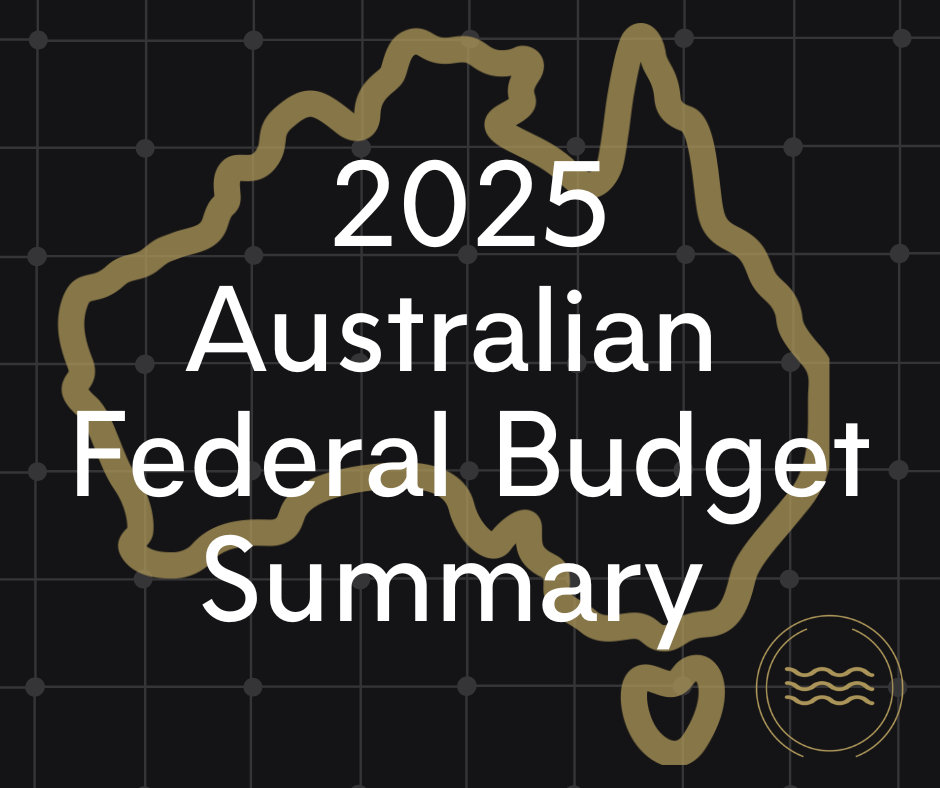
How does the new era of information exchange impact your tax filing?
With the new wave of global information exchange, governments are placing international tax compliance on the forefront. Nations across the globe have made very intentional and continuous efforts to ensure compliance and reporting for global businesses, high net worth individuals (HNWIs) and family offices with global asset holdings.
The Organization for Economic Co-operation and Development (OECD) is pushing the issue with the creation of a new global standard of information reporting through the development of the Common Reporting Standard (CRS) which was framed off of the US Foreign Account Tax Compliance Act (FATCA). The CRS is supplemented with a range of initiatives designed to take a calculated approach. This is being achieved through the implementation of International Exchange of Information (EOI) which is facilitated by Governments participating in OECD programs such as the Joint International Taskforce on Shared Information & Collaboration (JITSIC), the introduction of the Multilateral Instruments (MLI) implemented under the OECD Base Erosion and Profit Shifting (BEPS) initiatives, and more recently and separate to the OECD initiatives is the J5 alliance entered into by the US, UK, Canada, Australia and the Netherlands.
The aim of each of the new programs and intergovernmental agreements is to combat tax evasion, compliance and misreporting or failing to report assets for tax purposes previously achieved because of policy and legislative mismatch between global jurisdictions.
The initiatives allow governments to automatically exchange financial information between countries in which assets and bank accounts are held to the country of residence of taxpayers. Taxpayers around the globe are now realizing that income that may have inadvertently been misreported may be subject to compliance and tax reporting.
In our experience, Australian families and expatriates that become US persons for tax purposes are inadvertently misreporting or failing to report assets, bank accounts and certain holdings due to being unaware of filing requirements.
Historically, taxpayers were able to “fly under the radar” due to lack of information exchange. This is no longer the case.
If you believe that you or one of your clients may have misreported Australian asset holdings or financial accounts from a US compliance perspective, please feel free to reach out to the team at Asena Advisors for an initial consultation to determine the filing requirements and discuss the potential remediation options.




